Clean Energy Account For Below 10% Of India’s Record Energy Subsidies Of 3.2 Lakh Crore
Updated: Mar 13, 2024 05:10:27pm
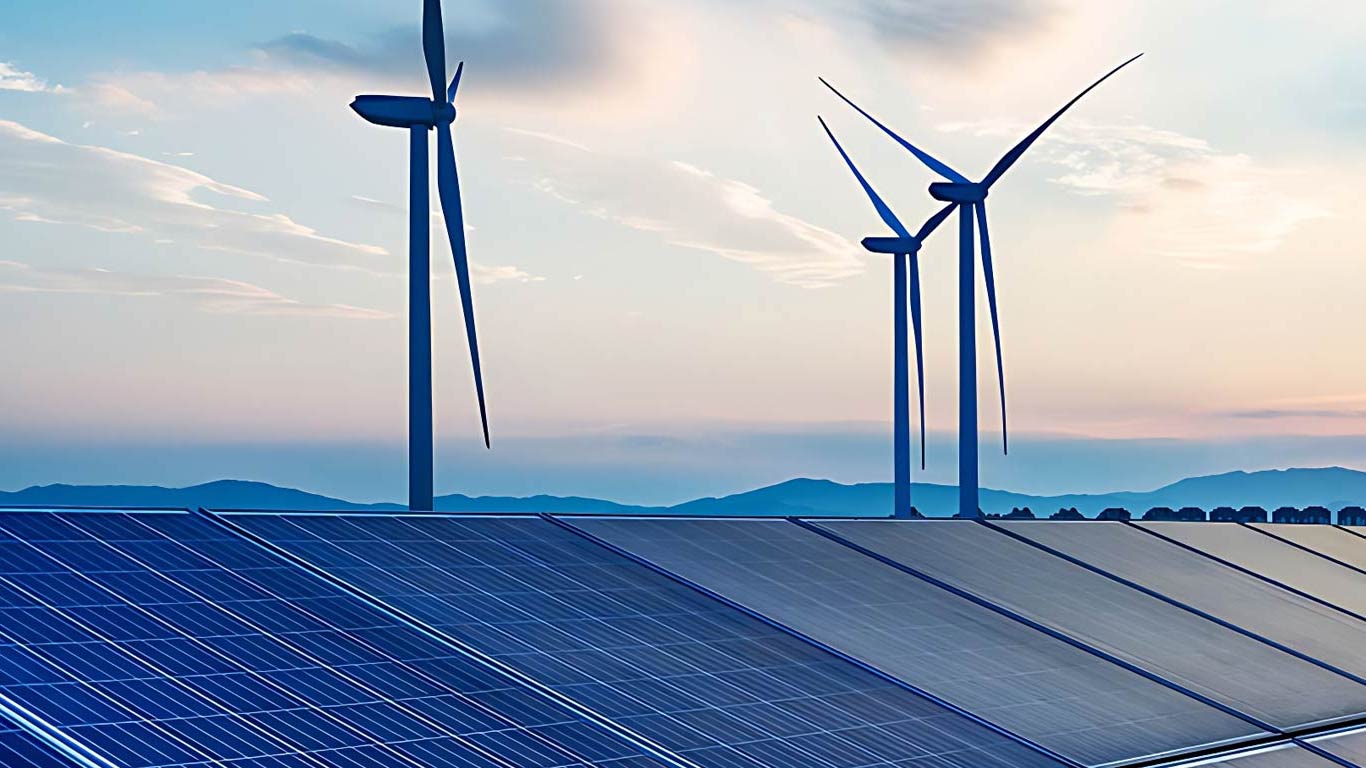
Clean Energy Account For Below 10% Of India’s Record Energy Subsidies Of 3.2 Lakh Crore
New Delhi, Mar 13 (KNN) India's energy subsidies reached a staggering INR 3.2 lakh crore (USD 39.3 billion) for the fiscal year 2022-2023, the highest level in nine years.
Despite positioning itself as a global climate leader, the country's reliance on fossil fuels remains significant, with coal, oil, and gas subsidies accounting for approximately 40 per cent of total energy subsidies.
In stark contrast, clean energy subsidies accounted for less than 10 per cent of the total, raising concerns about the nation's ability to meet its clean energy transition goals while keeping up with escalating energy demands fuelled by rapid economic growth.
The surge in fossil fuel subsidies can be attributed in part to the 2022 global energy crisis exacerbated by Russia's invasion of Ukraine.
To stabilise domestic energy prices, India implemented measures such as capping retail prices of petrol, diesel, and liquefied petroleum gas, as well as providing tax cuts and direct transfers to businesses and consumers.
According to a report by the International Institute for Sustainable Development (IISD), oil and gas subsidies alone rose by 63 per cent in FY 2023 compared to the previous fiscal year, while coal subsidies increased by 17 per cent.
As India aims to become a USD 5 trillion economy by 2027, the government is investing heavily in all forms of energy supply.
However, experts caution that this approach could hinder progress towards India's clean energy goals for 2030 and perpetuate dependence on volatile and geopolitically risky fossil fuels.
"Untargeted fossil fuel subsidies are inefficient and detract from the fiscal resources available for supporting clean energy technologies," said Swasti Raizada, Policy Advisor at IISD, emphasising the need for targeted subsidies and a return to market-based pricing.
The report recommends that the government consider reallocating a portion of fossil fuel tax revenues to support a just transition towards cleaner energy sources.
Deepak Sharma, Policy Analyst at IISD, underscored the importance of ensuring that state-owned enterprises align with India's net-zero commitments to facilitate a sustainable and inclusive energy transition.
(KNN Bureau)

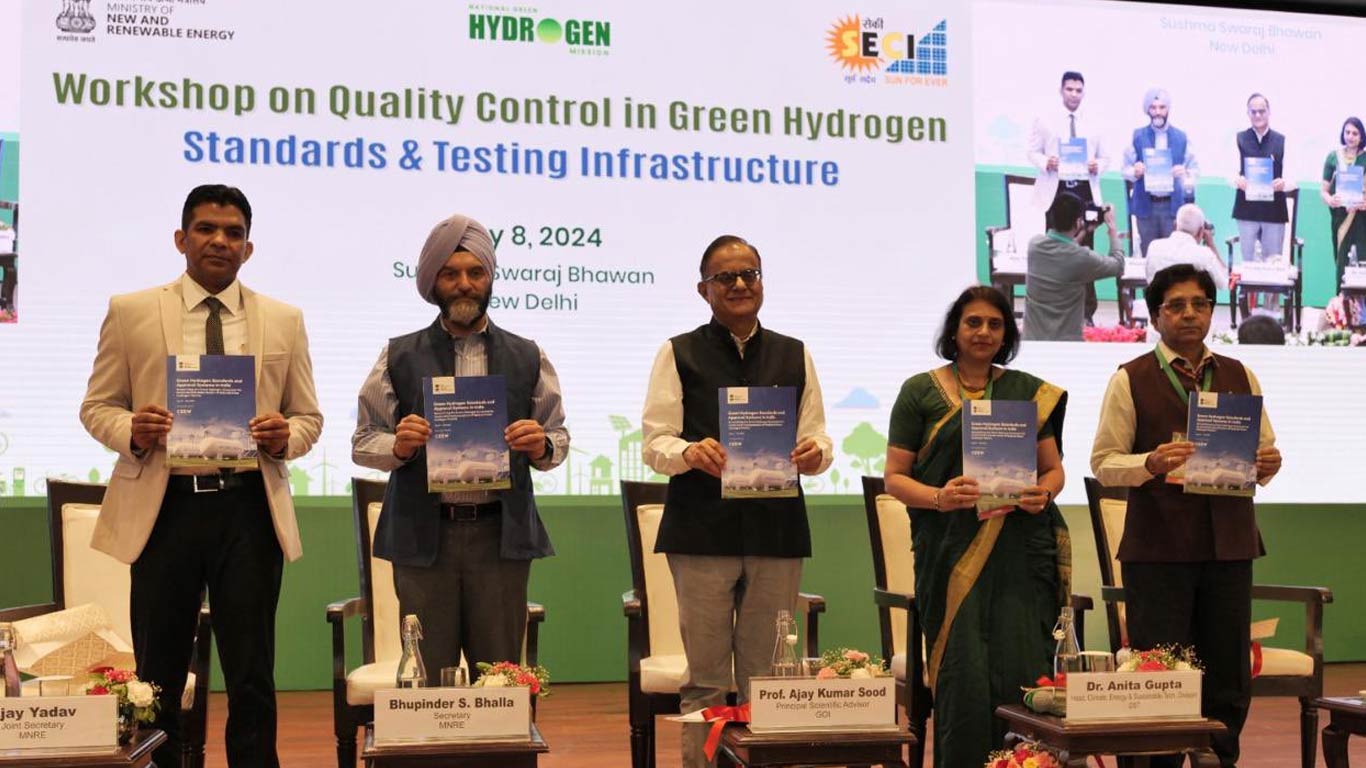

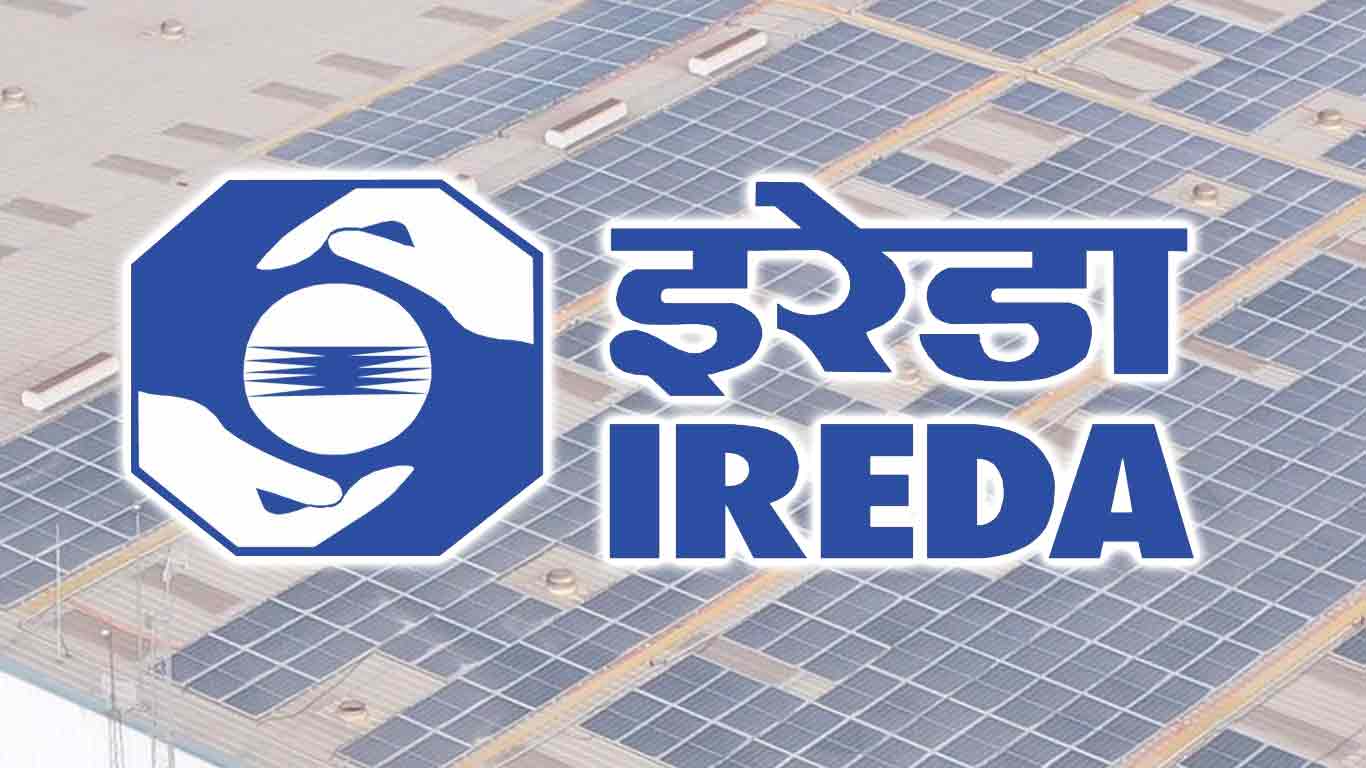
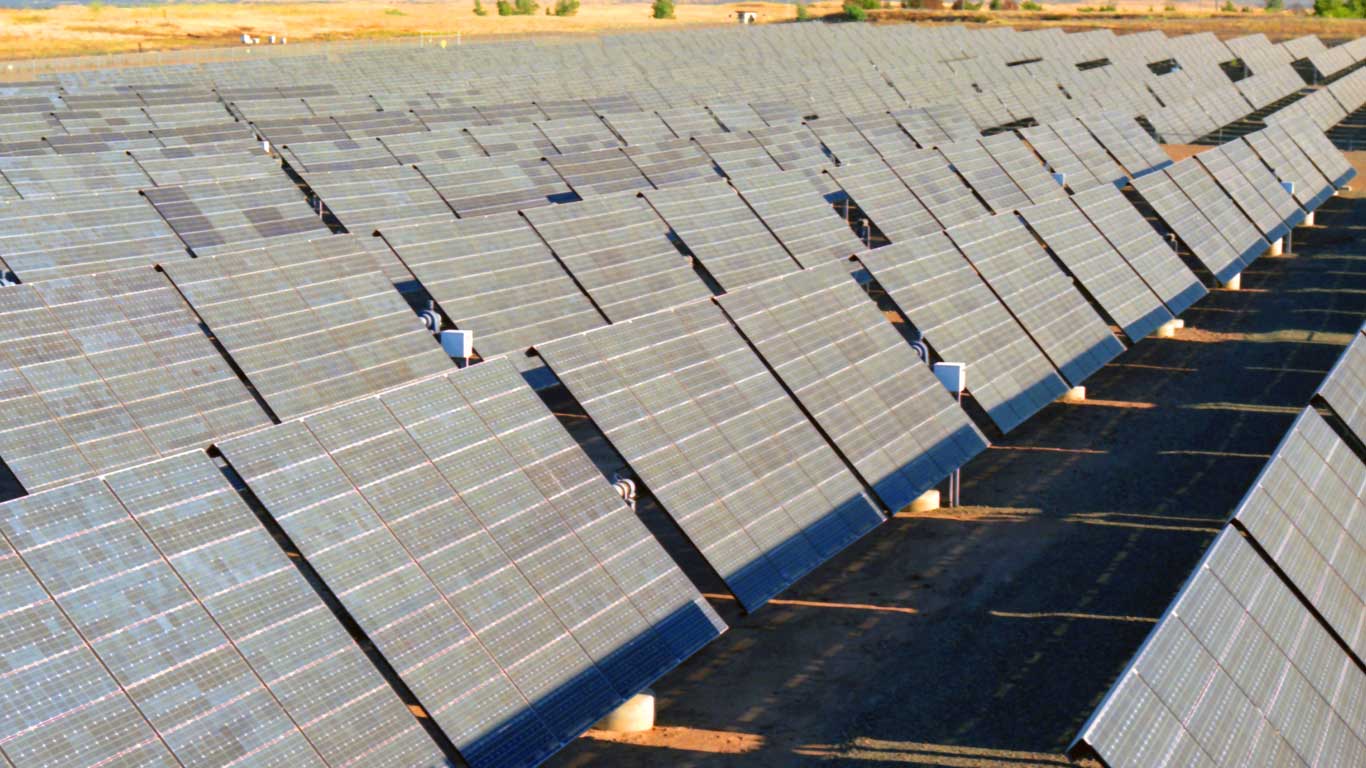
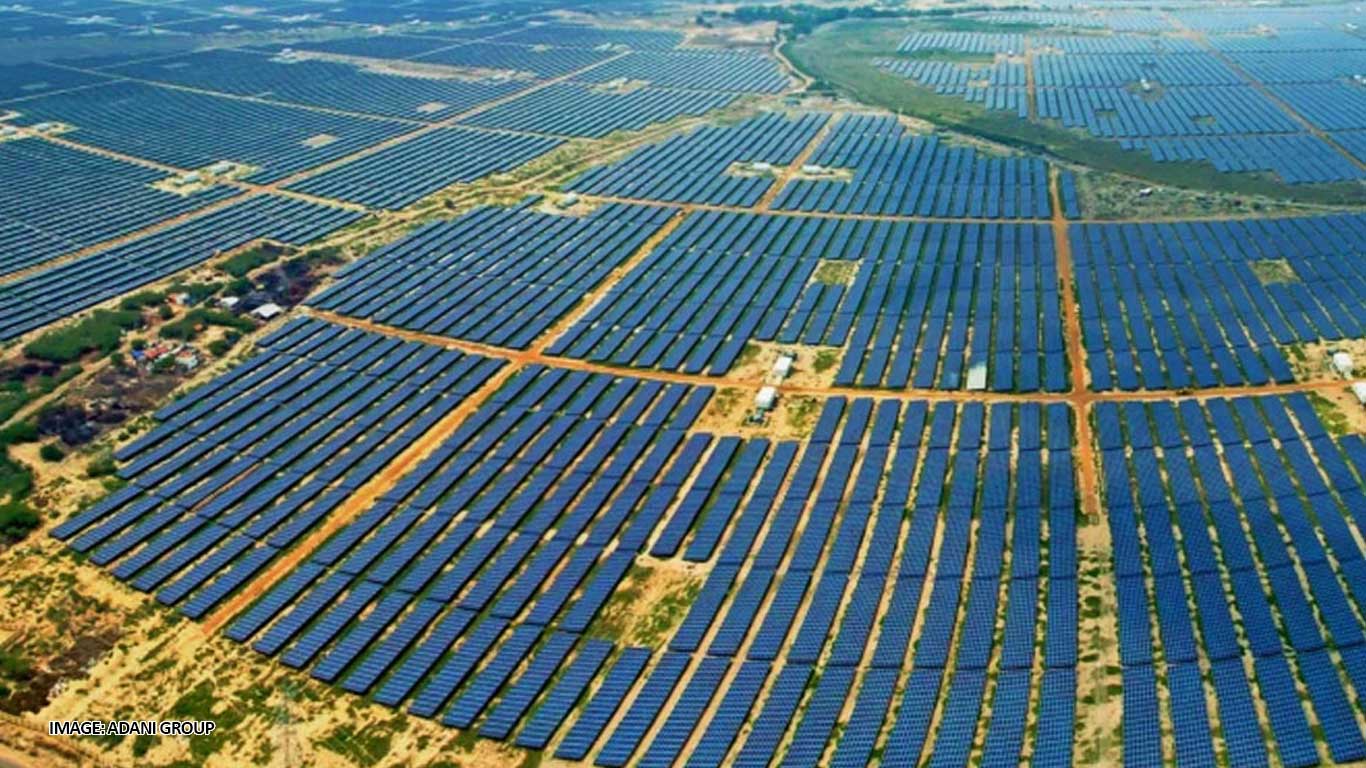





